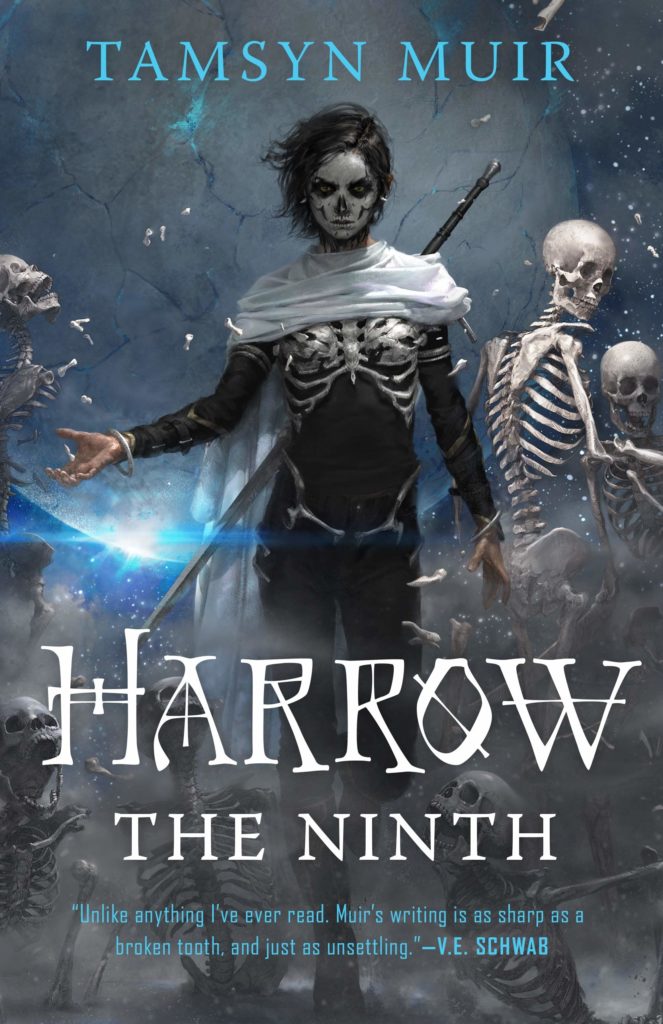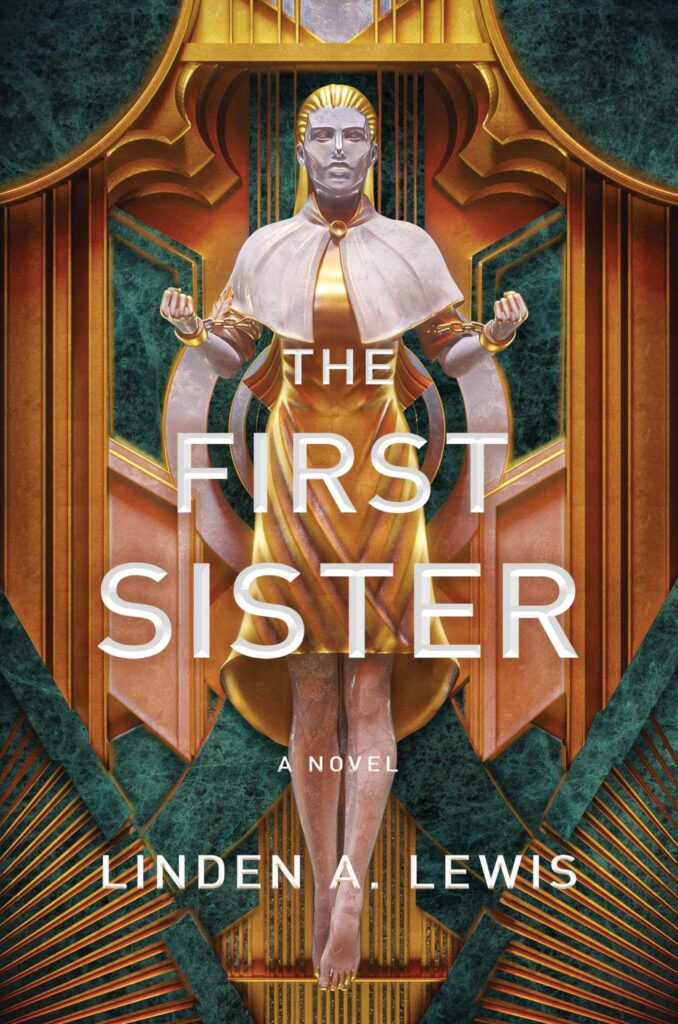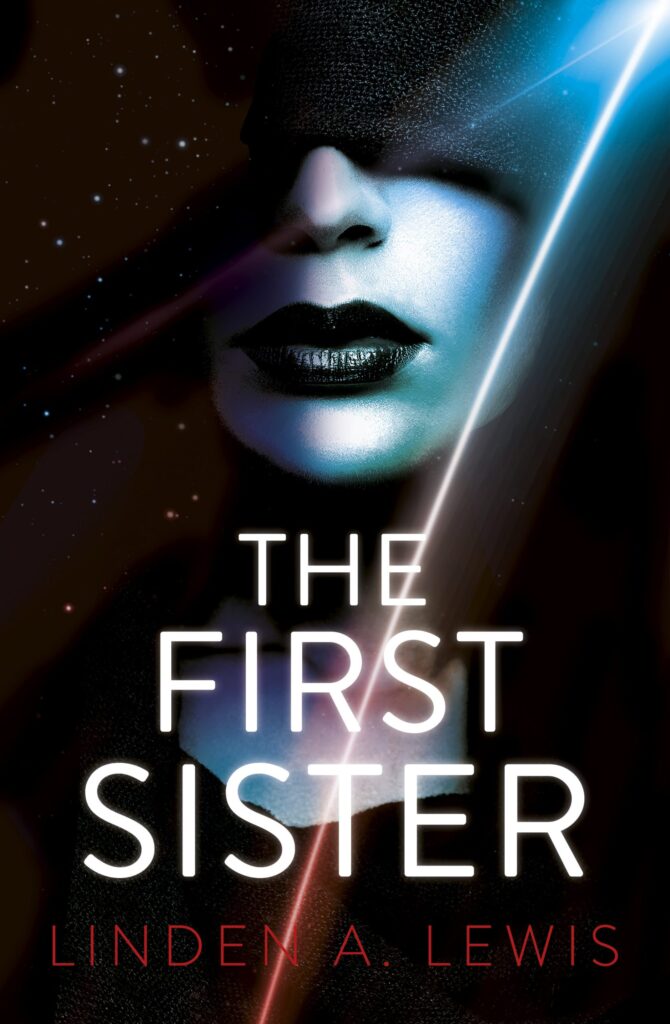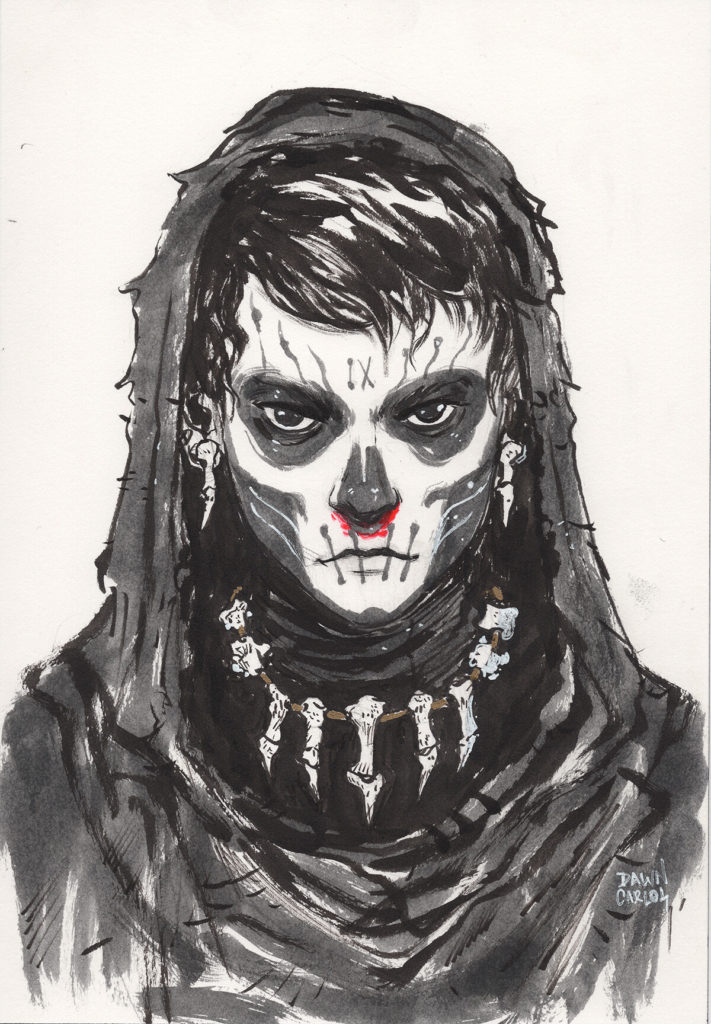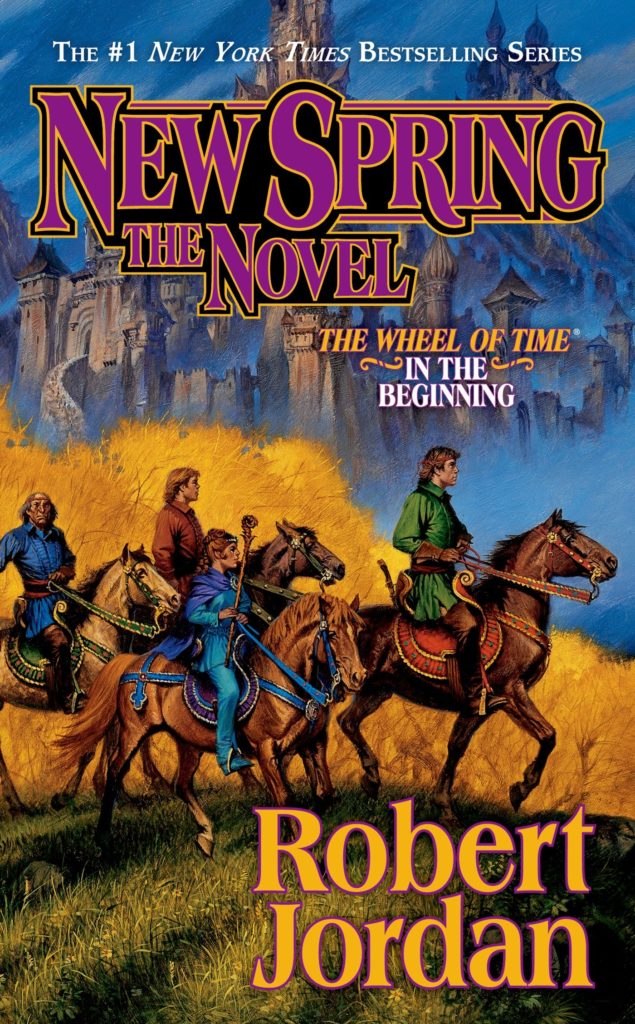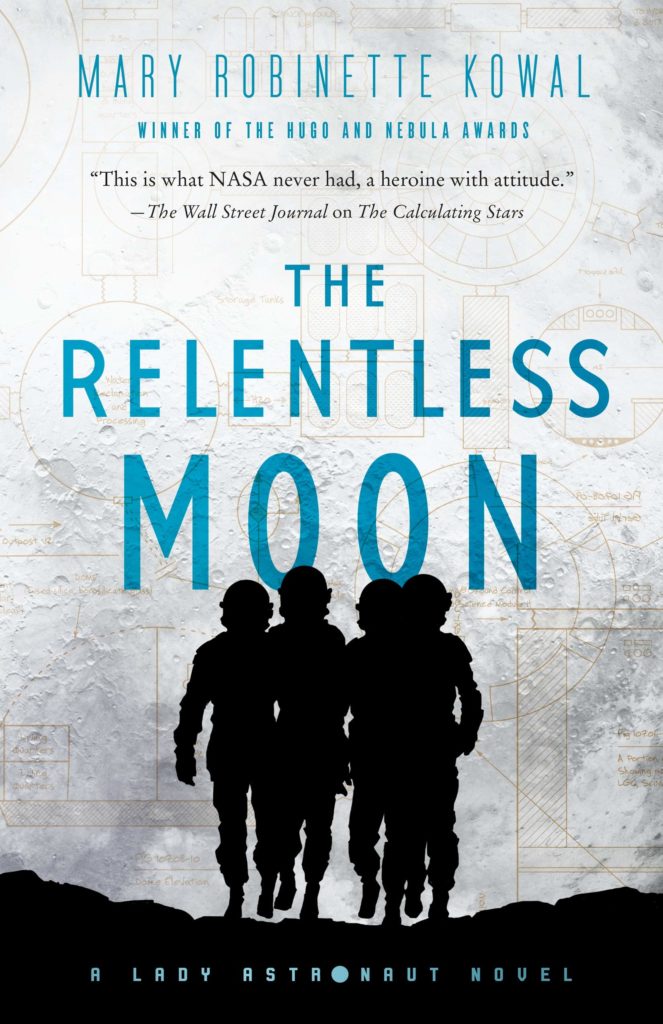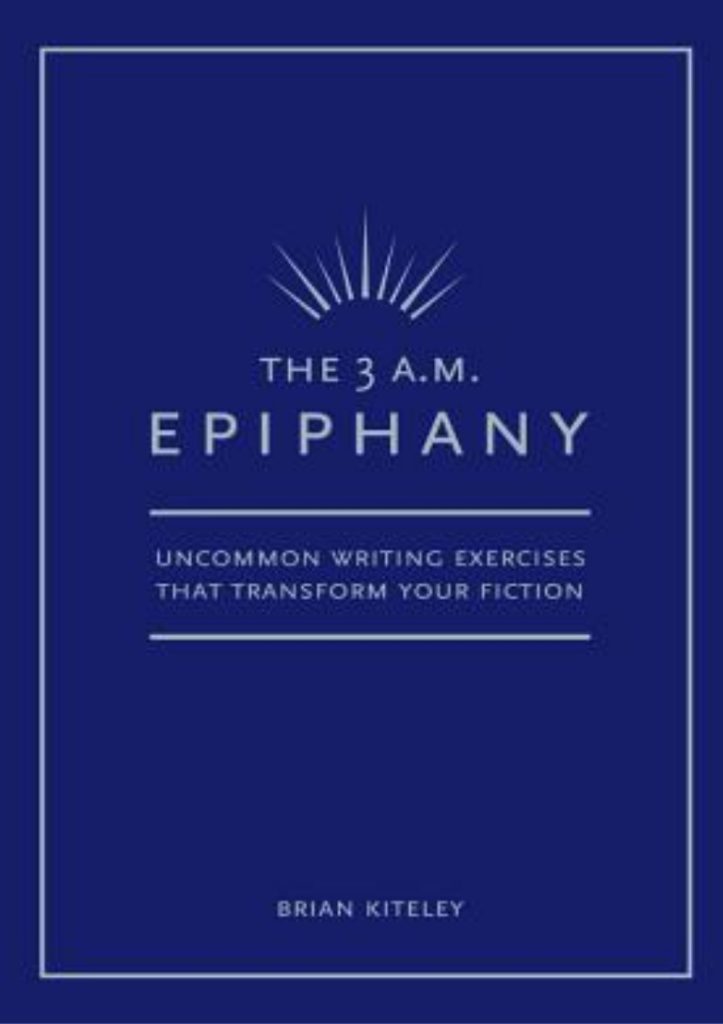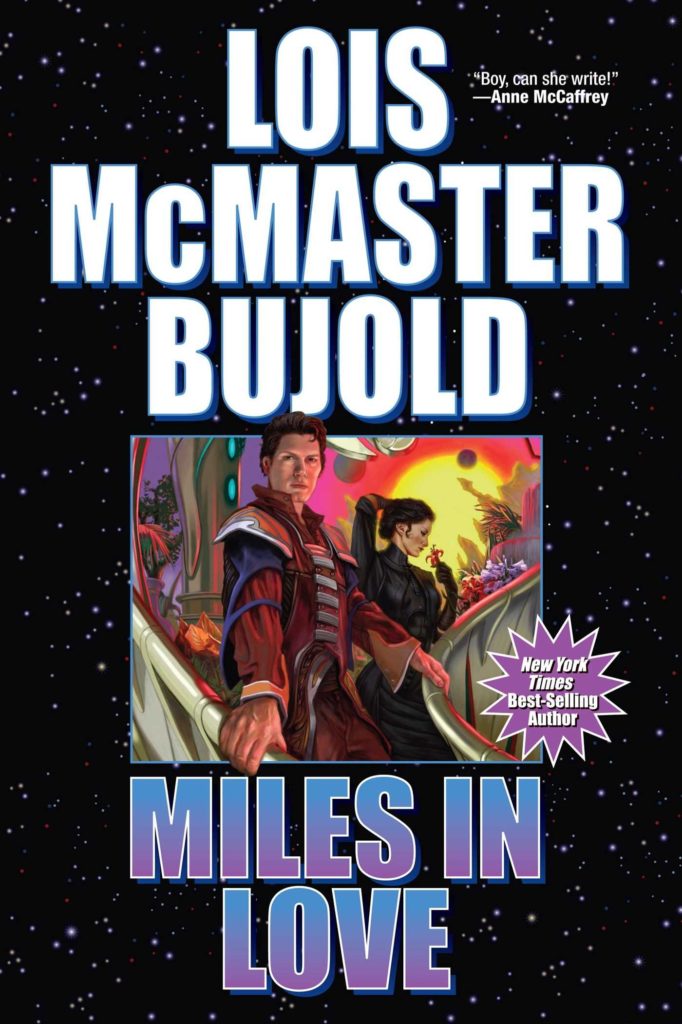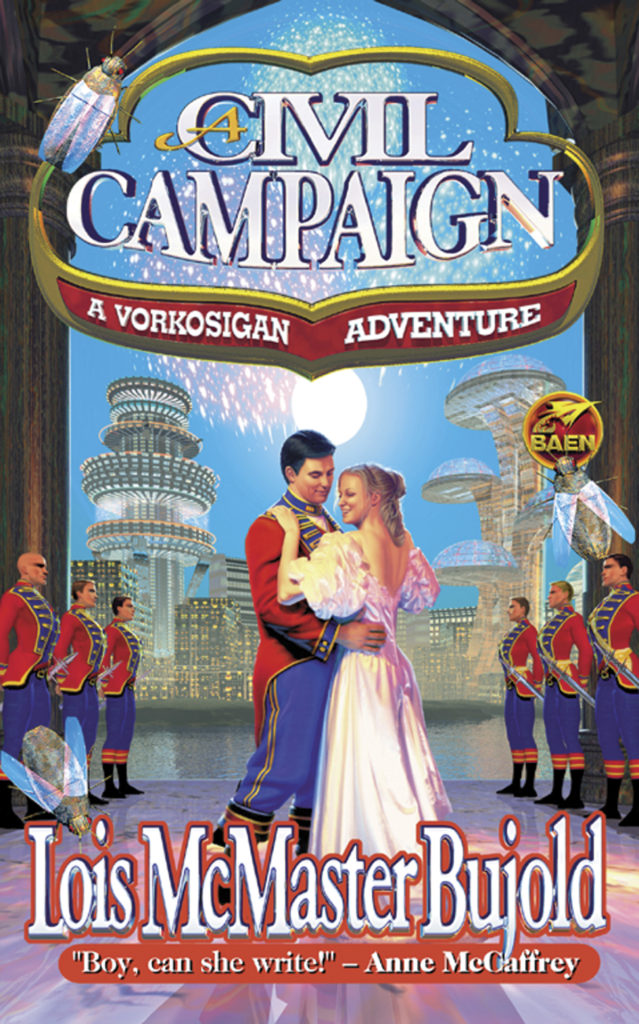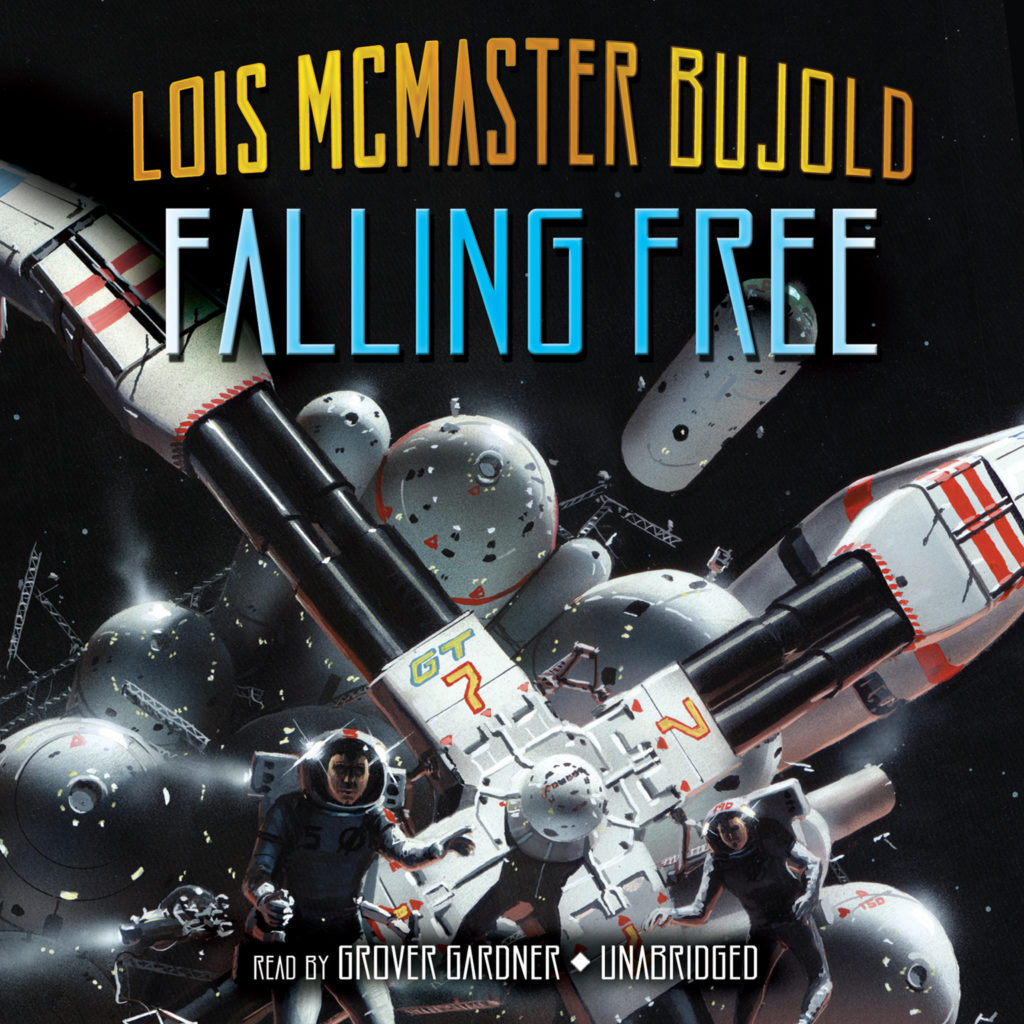We are now entering a section of Kiteley’s The 3 A.M. Epiphany that has the potential to cause some cringe. Titled “Men and Women”, it explores gender dynamics through a very… um… potentially traditional way. To be fair to Kiteley, he wrote this book 15 years ago, and it is based on exercises developed even earlier. Furthermore, he does actually make the point that these gender notions are societally enforced, rather than biological. Still, I will navigate the exercises in the section with caution.
With that in mind, I found this one interesting. “Invisible Woman” asks us to write a short scene of a woman becoming invisible for unexplained reasons. The focus is on what she does, how she interacts with a world that no longer sees her, and how different that is from her normal life (if at all). We all know the creepy violating fantasy of an invisible man. Would a woman from our present day society act differently? This is what I came up with.
I look down and see nothing. It is discombobulating for a moment, as my eyes seem to be floating some five feet above ground. I almost topple over, before the sensation of my feet firmly planted on the concrete of the alley – teehee – grounds me.
Hysteria. Possibly a problem. Oh well.
On that note, I don’t have to worry about losing weight now, so that’s a plus. Though to be fair, I wasn’t that worried about it before either.
I look around. Normal streets on both ends of the alley. Downtownish area, a bit north maybe. I have biked around here plenty of times, and coming out onto an actual street will likely tell me all I need to know to orient myself.
So I am the only confusing thing left. Somehow invisible. Good job. Repercussions to follow, though for now I am in survival mode. Which in my case translates into calm, reasoned, analytical, proactive.
If this is a temporary condition, might as well have some fun with it. If it is permanent, might as well have some fun with it before the existential dread settles in.
But what can I do with invisibility? I can be a creep. Sneak into my gym and troll the showers, see all those ridiculously sculpted dudebros vulnerable and unaware. But this feels somehow… bleak. As I am presented with the possibility, I realize no part of me gets off on voyeurism or control. I am almost disappointed by the discovery. What good is the creepiest of superpowers (let’s go with that description for the moment) if I don’t want to be a creep?
Oh well.
There is all the other personal stuff. If I am close to downtown, then my douchey trust-fund baby ex’ place is nearby. It wouldn’t be too hard to get past the doorman, then wait until his cleaning lady or whatever other bourgeois services he employs lets me inside the condo.
And then what? We’ve been definitely-no-longer-a-thing for over a year. What am I gonna catch him do? Have sex with some other girl? Say something racist to his other trust-fund baby friends? Buy stocks, or whatever it is trust-fund babies do?
As I come out onto the street, and figure out exactly where I am, I head north, still no target in mind. Unconsciously, my eyes go up and to the right, and I actually see the top of his fancy building in-between rooftops. This gives me pause. Okay, so it’s been a while, I no longer have emotional attachments to him. The scars are tastefully faded, the self-recriminations of my own stupidity have abated. But what if I’d dumped him last week instead? Would I have wanted to go through with haunting his ass then? More than haunt? I’ve seen the movies – I know how dark this can get.
I tear my eyes away from the building, just in time to avoid slamming into someone walking directly into my face. I lose my balance and nearly plop head-first into a trash can.
Right. Invisible. Pedestrian quantum mechanics don’t apply to me right now. People will literally try to walk through me.
So, no general creepiness, and no personal creepiness. What’s left?
Crime.
Can I steal something? Break some law? I rack my brains for a moment, but nothing comes up. Sure, I could use some extra money. Or clothes. Or, frankly, a new laptop. But I don’t think I have it in me to take stuff I didn’t earn. The one thing I’d love to take care of, is my stupid student loans, and invisibility won’t help with that. And as for laws… I think about another assault on female reproduction that the old MEN on the Supreme Court just vomited on the country last week. If I lived anywhere close to DC, I might be tempted to revisit the idea of haunting and worse. But I can’t do much about it from Chicago.
Now that I think of it, I can’t really travel anywhere if I’m invisible. Unless I feel like walking.
Yikes.
So, to recap. I have somehow gained a power so many dream of, and have found absolutely nothing to do with it. Invisibility ultimately amounts to violation, and I am just not the violating kind. For a moment, I consider offering my services to the government.
Right. Hysteria again.
It is almost anti-climactic when I realize that I have gained an outline – semi-transparent shimmer delineating the boundaries of my body. With every step I take, I gain more and more color and texture. People around me don’t seem to notice the no-longer-invisible woman materializing in their midst.
Was this a test? Did I pass? I am waiting for the existential dread to kick in. But even as I feel the anxiety building up in the back of my mind, I realize, it doesn’t matter whether I passed, or not. I had absolute freedom, and I choose to do nothing with it. There’s something to unpack with my therapist.
I walk up the street, and I start whistling.
